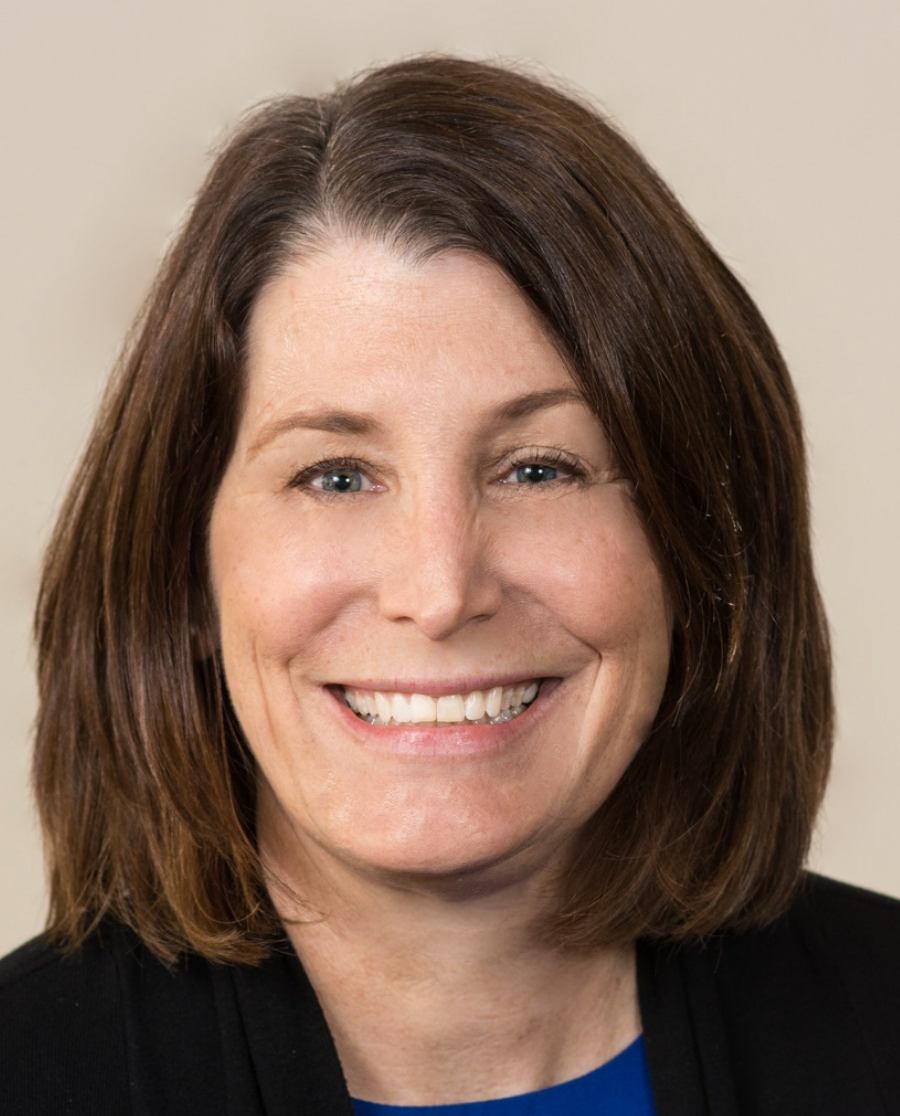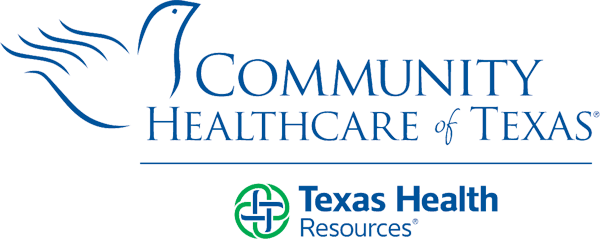Meet Chief Medical Officer – Dr. Karen Godfrey

At Community Healthcare of Texas, our physicians are a vital part of the hospice team. Physicians provide guidance and medical oversight in the care of patients living with a life-limiting disease.
Our Chief Medical Officer, Dr. Karen Godfrey, recently shared her thoughts on hospice care and her recommendations for patients and their families.
Describe your role as Chief Medical Officer at Community Healthcare of Texas.
My role as Chief Medical Officer is multi-faceted. I work to provide compassionate, compliant, ethical, and evidence-based medical care to our adult and pediatric patients. This is accomplished by meeting with physicians to provide hospice education and working closely with our clinical and administrative teams. I also partner with our interdisciplinary teams at each of our nine locations to develop personalized care plans for our patients and their families.
Why did you choose a career in hospice care?
After witnessing many end-of-life episodes during my medical training and hearing directly from family and friends about end-of-life experiences, I felt called to hospice as a place where I could make a difference in caring for those facing a life-limiting illness.
Community Healthcare of Texas is celebrating 25 years of compassionate care this year; as you reflect on our past, what do you see as our most significant achievements as an organization?
Over the past quarter of a century, there have been many significant healthcare changes and specifically in hospice care. Yet, through it all, Community Healthcare of Texas has remained resolved with our continued passion for providing compassionate care for patients and their families throughout the communities we serve.
What questions do you encourage families to ask when considering end-of-life care?
Although conversations around end-of-life choices and death can be challenging, knowing the wishes of your loved one in advance of a crisis is a gift. I encourage families to start with the following questions:
• Where would you like to be during your last phase of life?
• Who do you want to spend time with?
• What things would you want to be sure to do if you’re able?
• To what degree would you want medical efforts to keep you alive, especially if your quality of life was diminished?
• If you cannot make decisions or communicate them, who do you want to make choices for you?
While discussing these details beforehand does not necessarily make facing the death of a loved one easier, it does ease the burden of decision-making.
What has been the greatest challenge for hospice care amid the CoVid-19 pandemic?
Family-centered care is the cornerstone of the hospice philosophy, yet we have often seen patients and families isolated from one another during this pandemic. However, I am incredibly proud of the entire Community Healthcare of Texas team. They have worked tirelessly to continue to meet our patients’ physical, emotional, and spiritual needs during these unprecedented times.
What are you most encouraged about for the future of hospice care?
Currently, pediatric hospice patients can receive concurrent care, which means even after the diagnosis of a serious illness, they can receive all the benefits of comfort care from hospice while also receiving life-prolonging treatments. Unfortunately, for adult hospice patients, this is not an option under the current Medicare reimbursement models. I look forward to the day when concurrent care is also an option for adult hospice patients.
What advice would you give to caregivers?
Caregiving is one of the most honorable, toughest, unpaid jobs out there! I always encourage caregivers to be intentional about their self-care. It takes a village, and one needs to accept help from that village, not only for the patient but also for the caregiver.
![Community Healthcare of Texas [logo]](https://www.chot.org/wp-content/themes/community-healthcare-of-texas-2019/images/logo.png)




